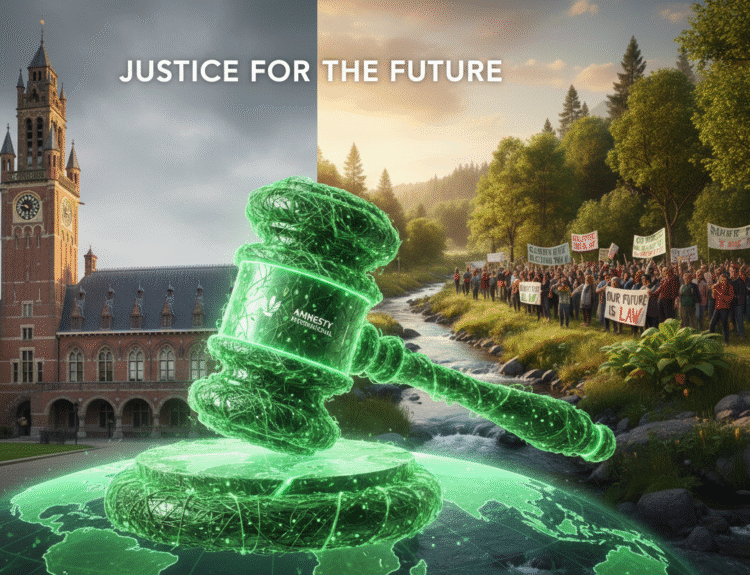ISLAMABAD – All eyes are on the Supreme Court response after five Islamabad High Court (IHC) judges took an unprecedented step of personally filing constitutional pleas to challenge legality of several administrative actions of Chief Justice of the high court Sardar Muhammad Sarfraz Dogar.
Talking to Law Today, a vender expressed, ” How would be administration of justice possible for general litigants if these five judges are seeking justice”.
Invoking jurisdiction of the top court under Article 184 (3) of Constitution of Pakistan on Friday, Justices Mohsin Akhtar Kayani, Babar Sattar, Tariq Mehmood Jahangiri, Sardar Ejaz Ishaq Khan, and Saman Rafat Imtiaz, all the petitioners urged the Supreme Court for 11 remedies including one to quash an IHC order that barred Justice Jahangiri from performing his judicial duties.
On September 16, a division bench, comprising Chief Justice Dogar and Justice Muhammad Azam Khan stopped Justice Jahangiri from performing his duties as it took up a quo warranto petition accusing the judge of holding a dubious LLB degree – a move that deepened the chasm within judiciary. Interestingly, the bench also sought assistance from Attorney General for Pakistan (AGP) Mansoor Awan on the question of whether the petition was maintainable.
It also appointed senior lawyers Barrister Zafarullah Khan and former AGP Ashtar Ausaf Ali as amici curiae. The bench noted that until the Supreme Judicial Council (SJC) – the judges’ accountability forum, which has also been approached against Justice Jahangiri – decided the matter, the judge could not adjudicate cases. In their petitions, the IHC judges urged the SC to declare that a high court judge can only be restrained from working from performing judicial duties under Article 209 of the Constitution.
They contended that a writ of quo warranto seeking the removal of a judge from office is not maintainable in terms of Article 209(7) read with Article 199(1) of the Constitution. In his petition, Justice Jahangiri described the September 16 order as a violation of his fundamental rights under Article 10-A. Sources said the judge’ petition has been assigned diary number 23409 and that he may argue his case himself before the apex court.
- mostbet
- mostbet az
- 1 win
- pinup az
- mostbet
- pinup az
- 1win casino
- mostbet
- mosbet casino
- казино мостбет
- pinap
- pinup online
- 1 win online
- pin up uzbekistan
- 4era bet
- mostbet
- 1 win
- 1 win aviator
- pinco
- pinko casino
- pin up casino
- pin-up kz
- lucy jet
- mostbet online
- pinup az
- snai
- pin up uzbekistan
- mostbet uz
- pinup az
- pinup
- mostbet aviator
- 1win az
- mosbet az
The petitioners also requested the top court to declare that the administrative powers cannot be deployed to undermine or trump judicial powers of high court judges and the chief justice is not authorized to constitute benches or transfer cases, once a bench is seized of the matter. It urged the court to declare that the chief justice of a high court cannot exclude available judges from the roster, at will, and use the power to issue a roster to oust judges from performing judicial functions;
It also requested the SC to declare that the constitution of benches, transfer of cases and issuance of roster can only be done in accordance with the rules adopted by the entirety of the high court under Article 202, read with Article 192(1) of the Constitution. “Declare that the doctrine of ‘Master of the Roster’ has been definitively set aside in the SC decisions, including in Raja Amer Khan v Federation of Pakistan and the decision-making with respect to constitution of benches, transfer of cases, or issuance of roster cannot solely rest in the hands of the CJ.”
The judges also requested the top court declare as illegal the formation of IHC administration committees through notifications dated 03.02.2025 and 15.07.2025, and all the actions taken by them. The petitions also urged the SC to declare that the adoption and approval of the IHC Practice and Procedure Rules, 2025, by the administration committee, and its notification without the prior approval of the IHC was in breach of Article 192(1) read with Article 202 of the Constitution.
“Direct the IHC to provide effective supervision and oversight over the functioning of the district judiciary, as mandated by the Constitution under Article 203, and section 6 of the IHC Act, 2010, and to provide for Islamabad District Judiciary as a permanent institution, members of which enjoy judicial independence and are able to discharge their judicial duties without considerations of fear or favor;
“Declare that the high court cannot issue a writ under Article 199 of the Constitution to itself and a division bench of the high court is neither vested with jurisdiction to sit in appeal over interlocutory orders of a single bench nor can assume control over the proceedings of a single bench as if it is an inferior court or tribunal,” the petitions added. The same IHC judges had opposed the transfer of three judges — including Justice Dogar — from other high courts to the IHC in February this year.
After the rejection of their representation by the then IHC chief justice, Aamer Farooq, these judges had approached the SC, whose constitutional bench (CB) turned down their petitions on June 20. The judges’ intra-court appeal against the CB’s order is still pending. On 26 March 2024, six IHC judges including all the petitioner judges wrote a letter to the Supreme Judicial Council of Pakistan (SJCP), alleging interference by an intelligence agency in judicial matters.
The letter documented instances of pressure on judges through the abduction and torture of their relatives and secret surveillance within their residences.
Media Talk
Responding to some journalists in the Supreme Court, Justice Mohsin Akhtar Kayani said they came to the SC after hearing the cases assigned to them at the high court. “Our faith remains in law and justice, like any other Pakistani,” the IHC senior puisne judge said. The judges later departed the Supreme Court together in a single vehicle. However, medica reported that the absence of five judges on Friday led to the cancellation of multiple cause lists. Justice Saman Rafat Imtiaz’s roster was scrapped, while the division bench comprising Justice Babar Sattar and Justice Ejaz Ishaq Khan could not hear tax-related cases. Justice Arbab Muhammad Tahir and Justice Khadam Hussain Soomro were already on leave from September 16 to 19.





